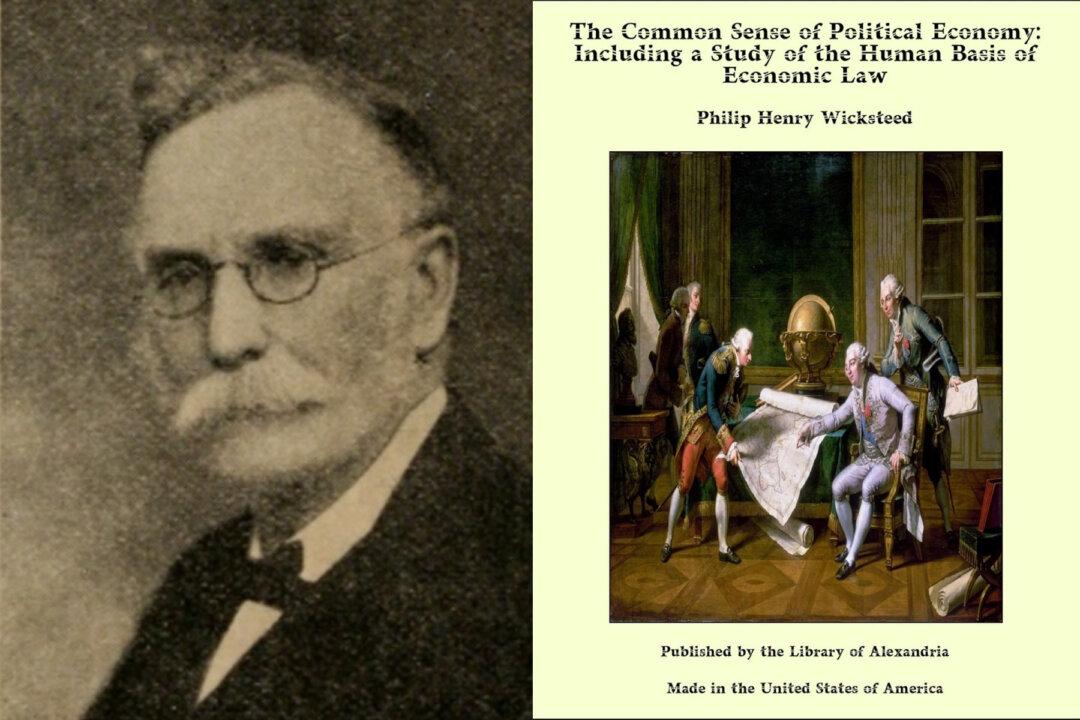Commentary
The bestselling and most widely used economics book in the UK in the early part of the 20th century was by Philip Wicksteed (1844–1927), a forgotten great thinker with a body of ideas that deserves revisiting today.

The bestselling and most widely used economics book in the UK in the early part of the 20th century was by Philip Wicksteed (1844–1927), a forgotten great thinker with a body of ideas that deserves revisiting today.